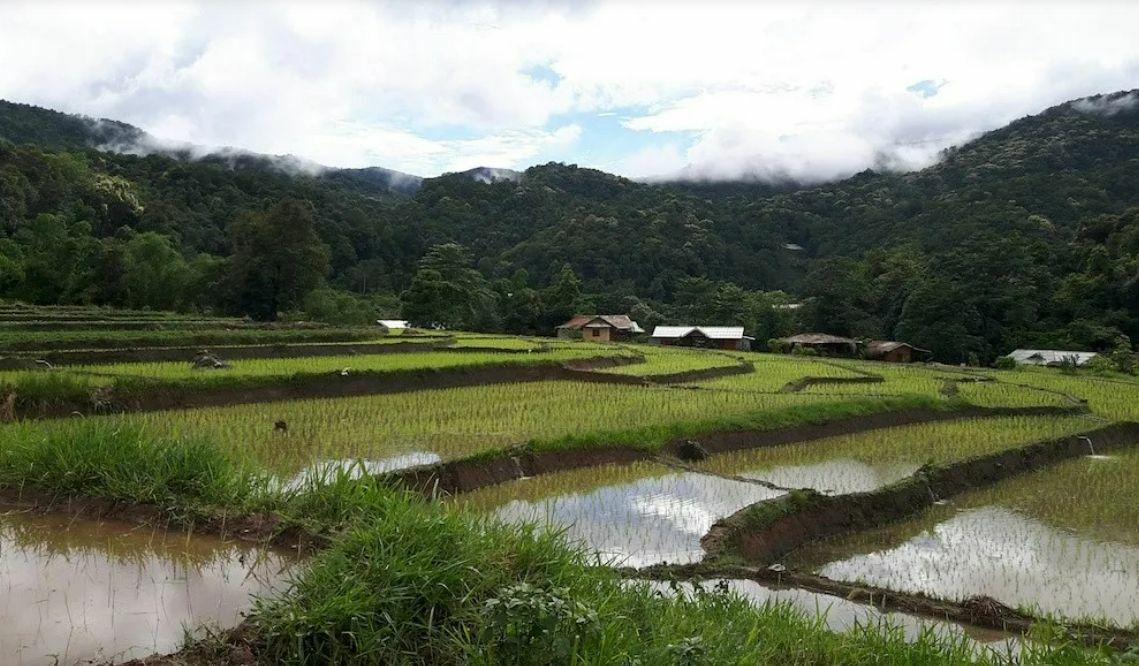Global rice trade shook by El Nino, politics, and embargo in Thailand

In the face of mounting global food security concerns, the impact of El Niño weather patterns and international political disruptions are causing serious upheavals in the farming landscape, particularly in major global rice-producing countries.
Compounding the issue is Russia’s recent withdrawal from a vital agreement, which previously ensured the uninterrupted transport of Ukrainian grain goods through the Black Sea region.
Causing further complications, the past few weeks have observed the world’s biggest exporter of global rice, India, restricting shipments of non-basmati white rice—a type that makes up almost 25% of its export portfolio. As this type of rice forms the dietary staple for almost half of the world’s population, this decision, undertaken in a bid to stabilise local prices and mitigate the deepening food crisis fears, has sparked worries about the knock-on effects on Thailand’s burgeoning rice industry, with local prices predicted to inflate by about 10%.
Playing a crucial role in these forecasts are the changing weather patterns.
The Agricultural Economics Department estimates that the overall rice cultivation area in Thailand will shrink by just under 1% to 62.3 million rai during the 2023/24 harvest season. This reduction predicts a 3.27% decrease in production to 25.7 million tonnes of paddy when compared to last year. The blame, as per the Thai Meteorological Department, lies in the delay and a reduction of rainfall, which spells extended dry spells and potential droughts. Inevitably, this can lead to an inadequate water supply for agricultural ventures, especially in areas beyond the reach of irrigation systems.
Echoing these concerns, Chookiat Ophaswongse, the honorary president of the Thai Rice Exporters Association, voiced his fears over this lower production affecting exports. He noted that the demand from white rice and parboiled rice importing countries continues to be high and that reduced production will, in turn, spike both paddy and milled rice prices.
Furthermore, India’s fresh ban on non-basmati white rice exports, naturally decreasing its market availability, further affects global rice trade configurations. India, with more than 40% stake in the industry, totalling an annual 55 million tonnes, no longer remains an option for local and international buyers, pushing them towards Thailand, Vietnam and Pakistan.
Despite this gap, Chookiat anticipates some issues in Thai exports, given the pricing conflicts arising due to purchase contracts still in place. As such, rice exporters and traders may need to bide their time before honouring purchase contracts, in anticipation of the global price rise due to India’s sudden ban.
Responding to potential concerns of shortages, the experts allayed fears by noting the surplus of global rice produced in the country, sufficient to feed the domestic population and also cater for exports. The nation produces between 19 to 20 million tonnes of milled rice per annum, with domestic consumption recorded at about 11 million tonnes, leaving a surplus that can be shipped off to other countries.
Regarding a potential ban on specific exports, experts uphold that such a move is unnecessary, given the surplus and the actions’ potential to erode international buyers’ confidence gleaned over the years due to the country’s high-quality rice, reported Bangkok Post.
With global rice production clocking at over 500 million tonnes year on year, global consumption closely follows this trend. The central concerns regarding the Thai rice industry, as voiced by Chookiat, are down to environmental concerns and political instability. Greenhouse gas emissions arising from the cultivation processes are affecting global warming and the pressure to tackle such emissions from rice fields is mounting, given the potential imposition of trade barriers by importing countries centred on the emission issue.
However, despite these challenges, global rice production remains crucial to the economics and livelihood of farmers and other stakeholders within the industry. Policymakers have to prioritise these issues and ensure their policies concerning rice truly benefit the industry as a whole and do not merely serve as a political tool, only ending up negatively impacting the budget allocations due to continuous underperforming schemes.
Latest Thailand News
Follow The Thaiger on Google News:


























